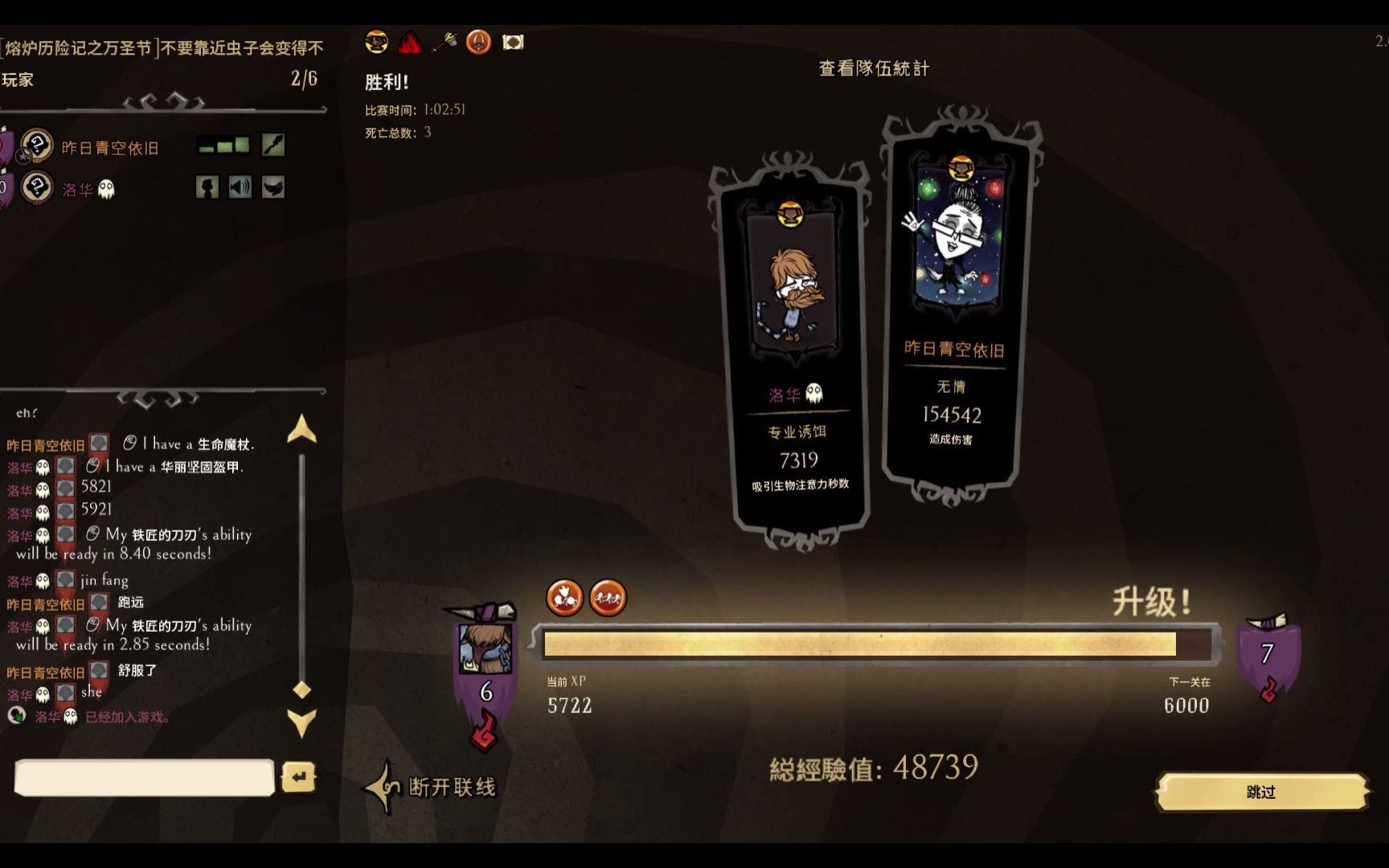
Steam keys are codes that users can enter to activate a game on Steam, much like a normal CD key is used to curb piracy. Many Steam key generators (keygens) are advertised on the web through social media and other channels. Steam has gotten so popular that, at any given time, there are millions of gamers logged into Steam, browsing the store and playing games - but that just means more targets for the bad guys.

With that in mind, let’s take a quick look at some things you may want to watch out for when gaming with Steam.Įven today, almost a decade after Steam’s initial release, the digital game platform continues to improve selections, grow its user base, and expand its list of supported devices. Nevertheless, as with anything that becomes popular on the web, bad guys pay attention too, and look to make a profit where they can. OK, so maybe it wasn’t that big of a deal, but Steam really did change my gaming experience forever, and I’d say it’s mostly all been positive. Now you’ll find me saying “Loyalty until Underverse come” when asked my opinion on Steam. And thus, after a series of long and painful mouse clicks, Steam was installed: I drank the Kool-Aid.
#Dont starve together g2a install
As I inserted the game’s install CD into my PC I soon realized one thing: Valve developed both the game and Steam software, and it was therefore their prerogative to require Steam to play the long-awaited Freeman-filled shooter.

However, my feelings made a sharp change the following year, in 2004, when the blockbuster title Half-Life 2 was released to gamers abroad. I figured a gaming platform that imposed more restrictions on the user (like DRM technology) and a required Internet connection would never really take off. Back in 2003 when Valve released its now well-known game distribution software called Steam, I wasn’t immediately sold on the idea.


 0 kommentar(er)
0 kommentar(er)
